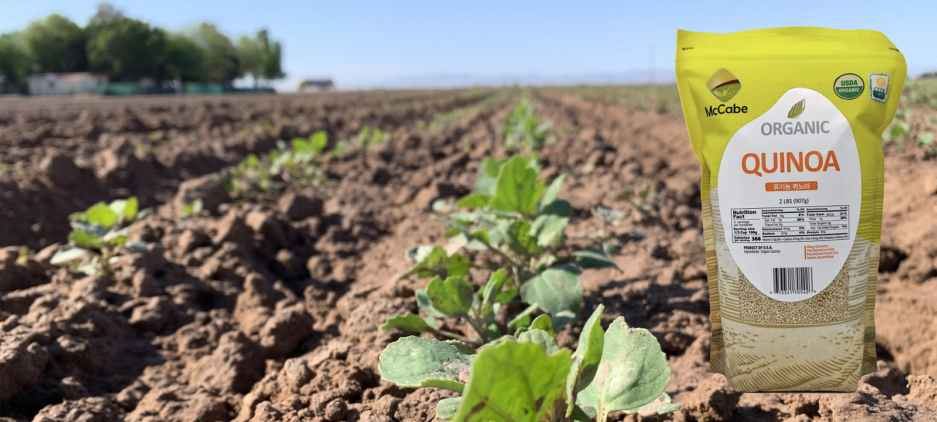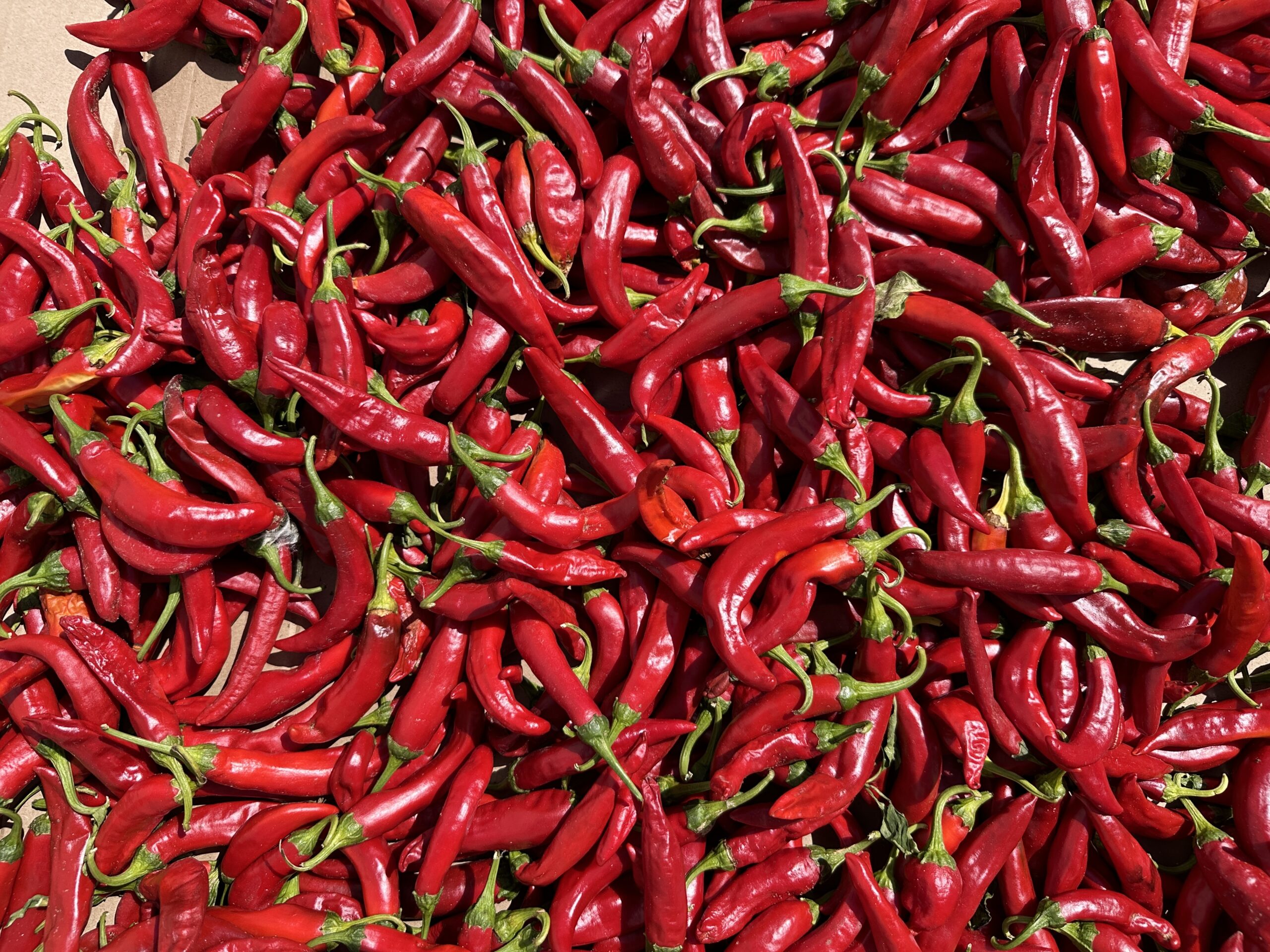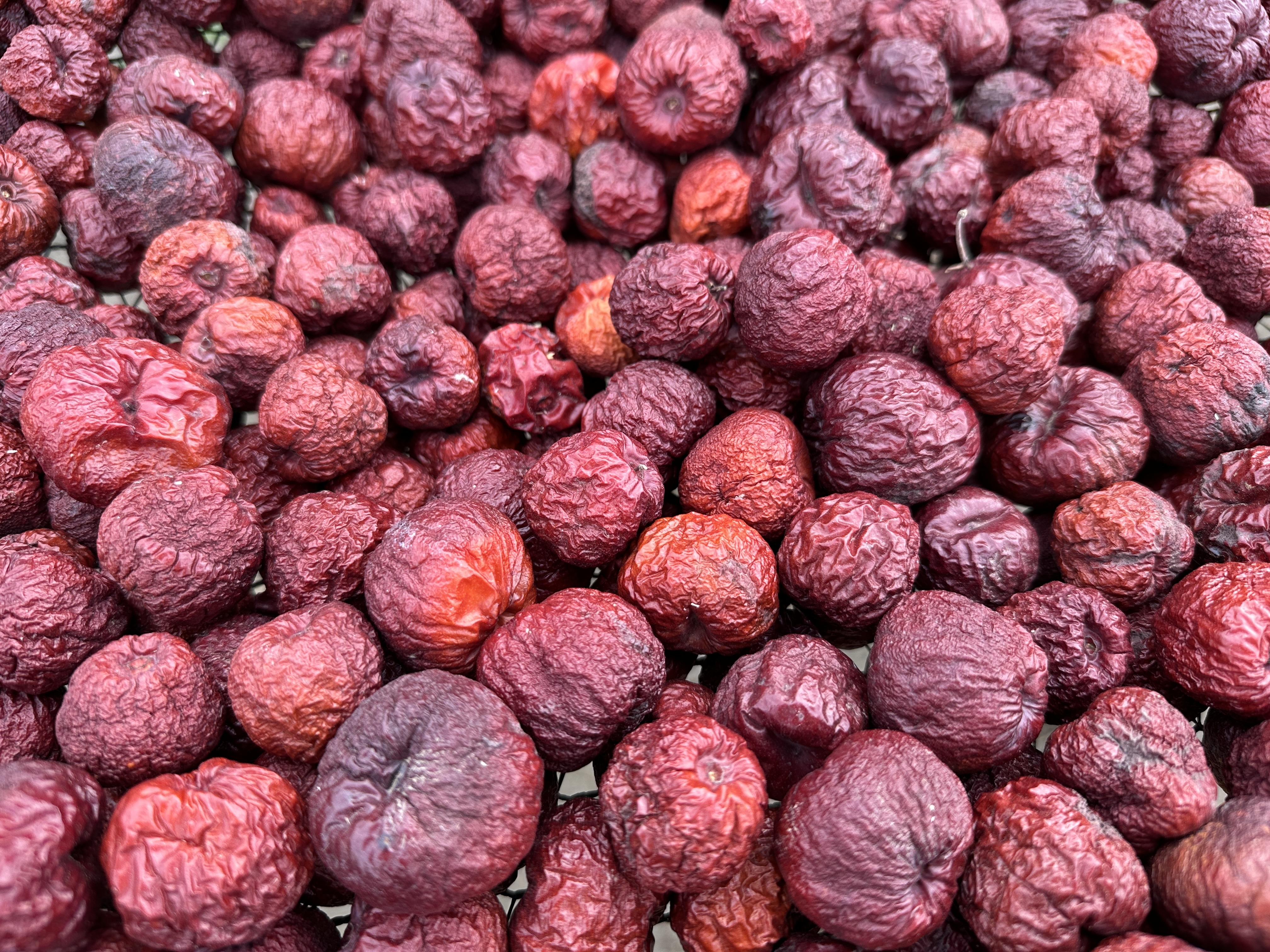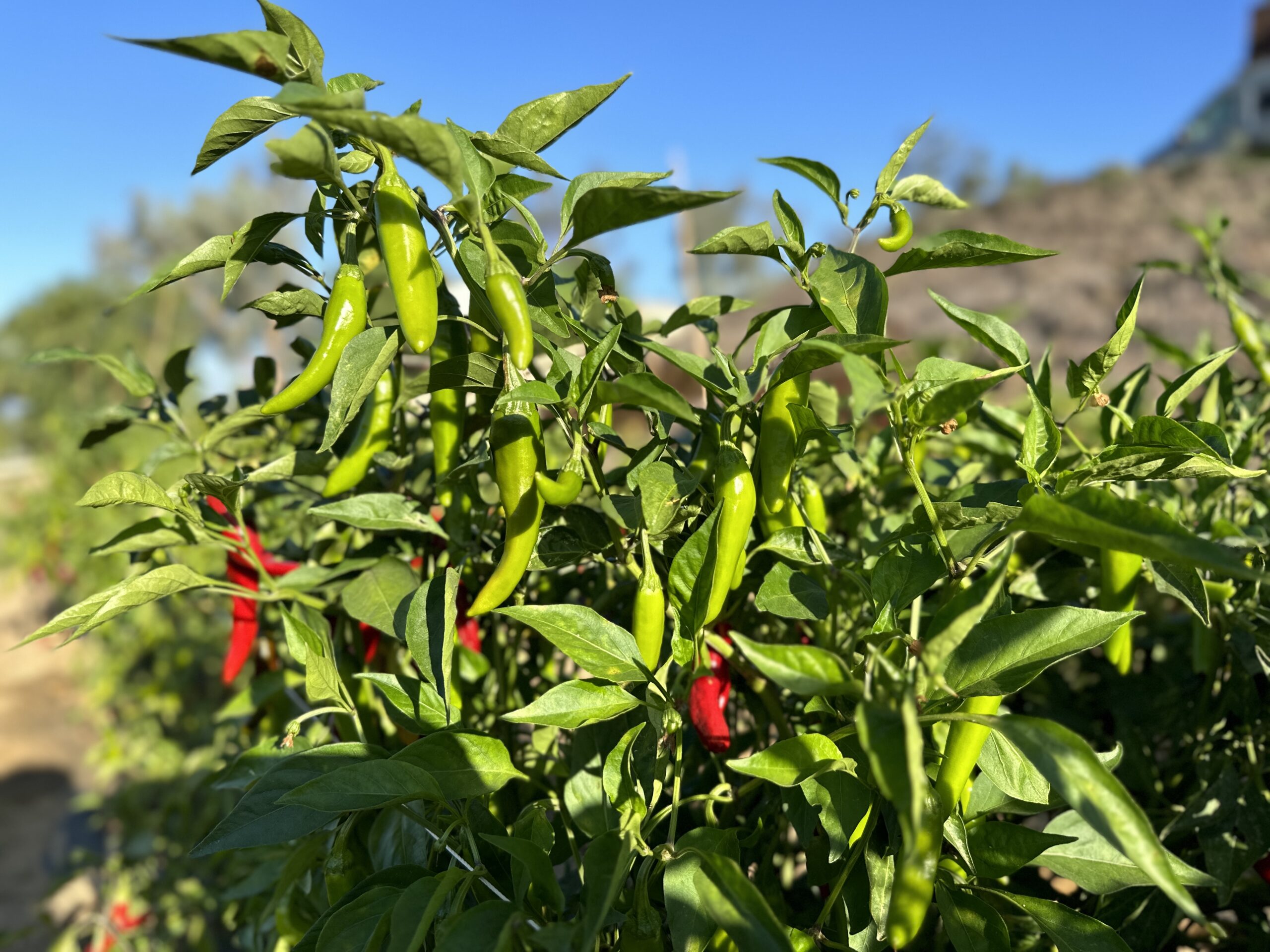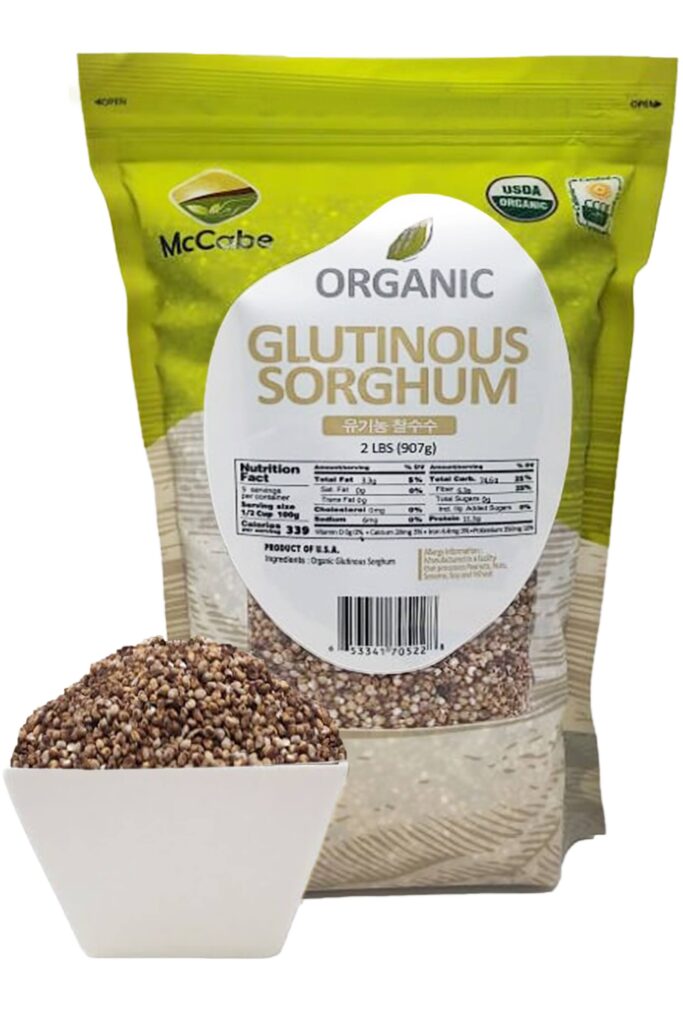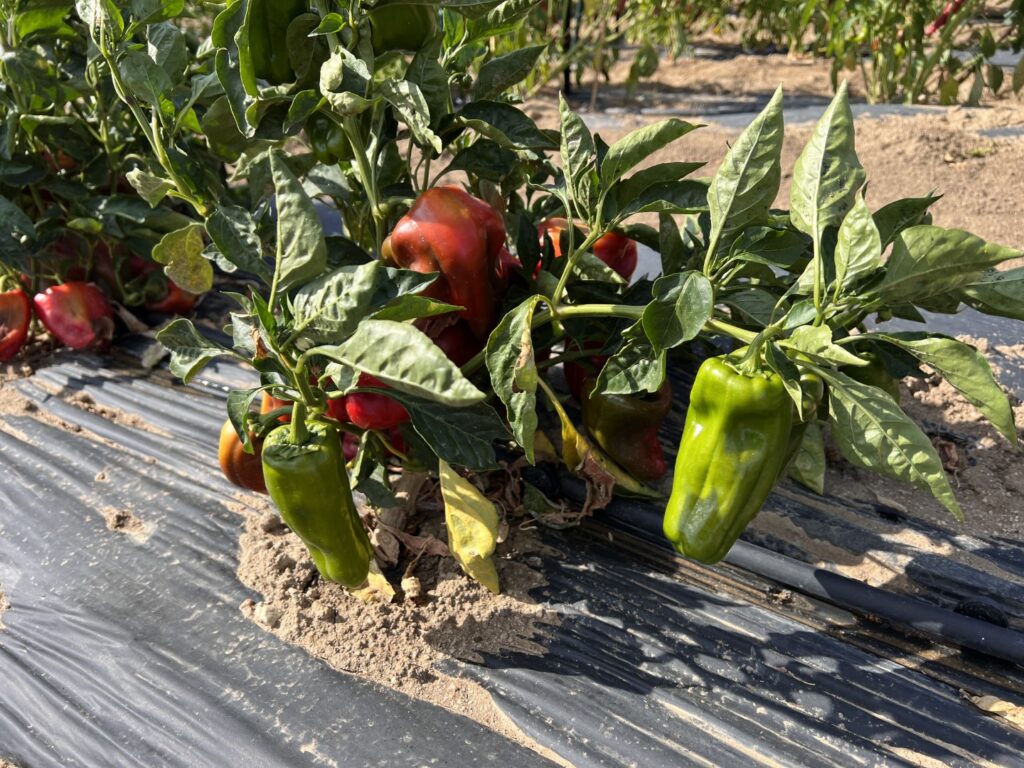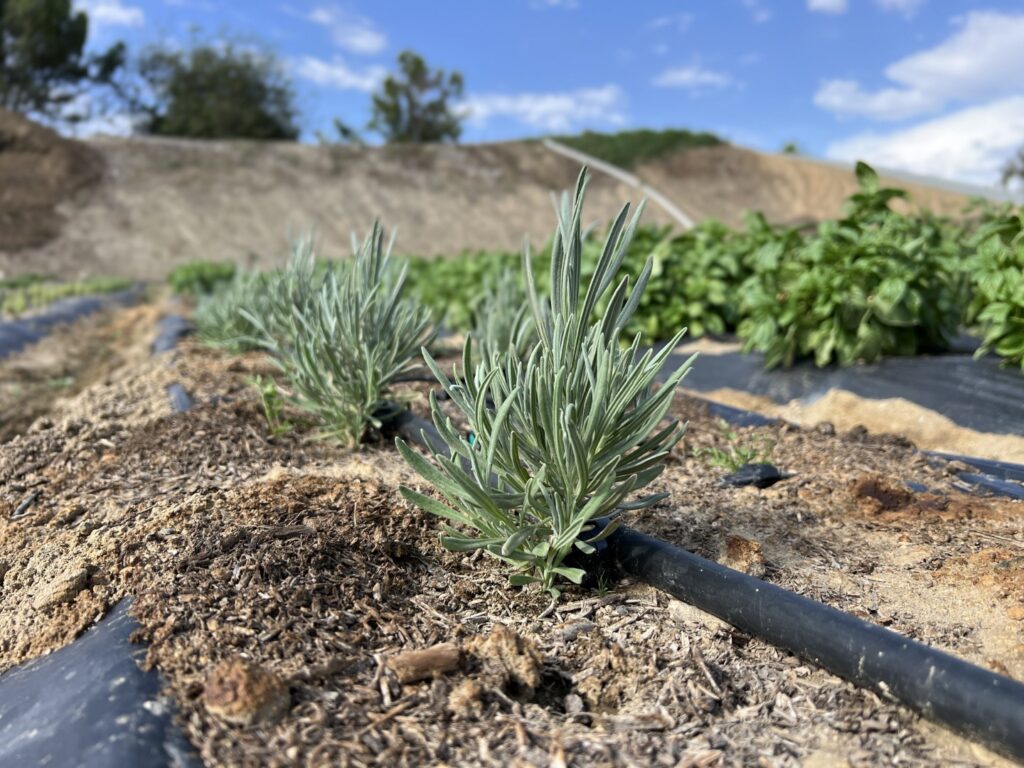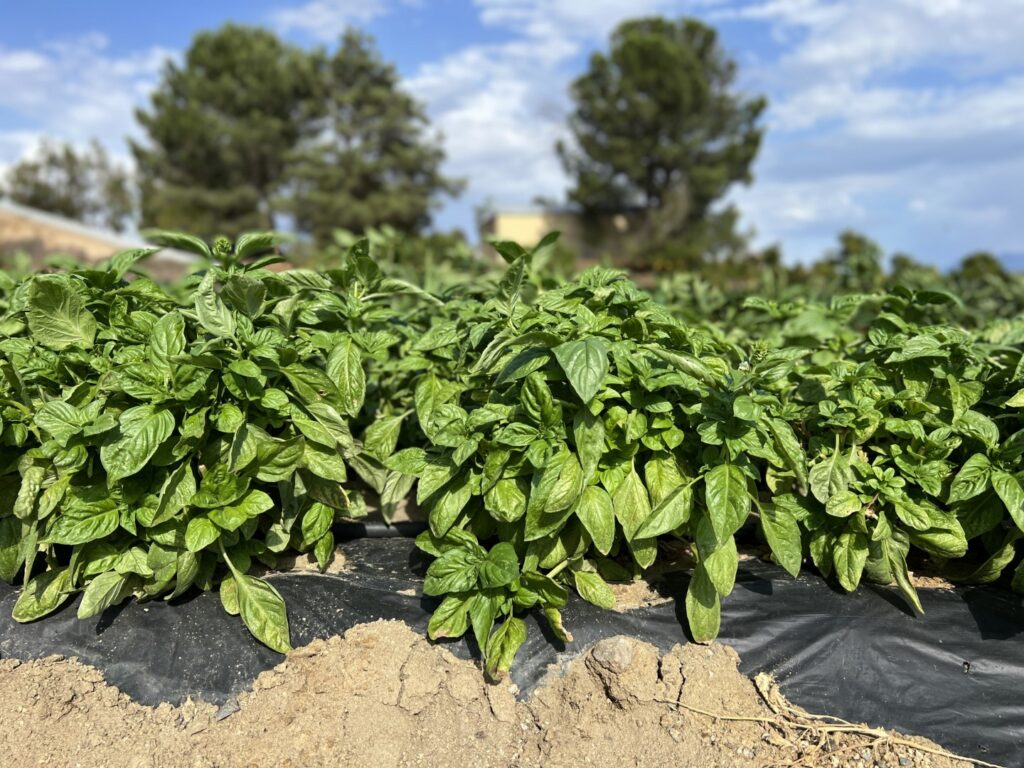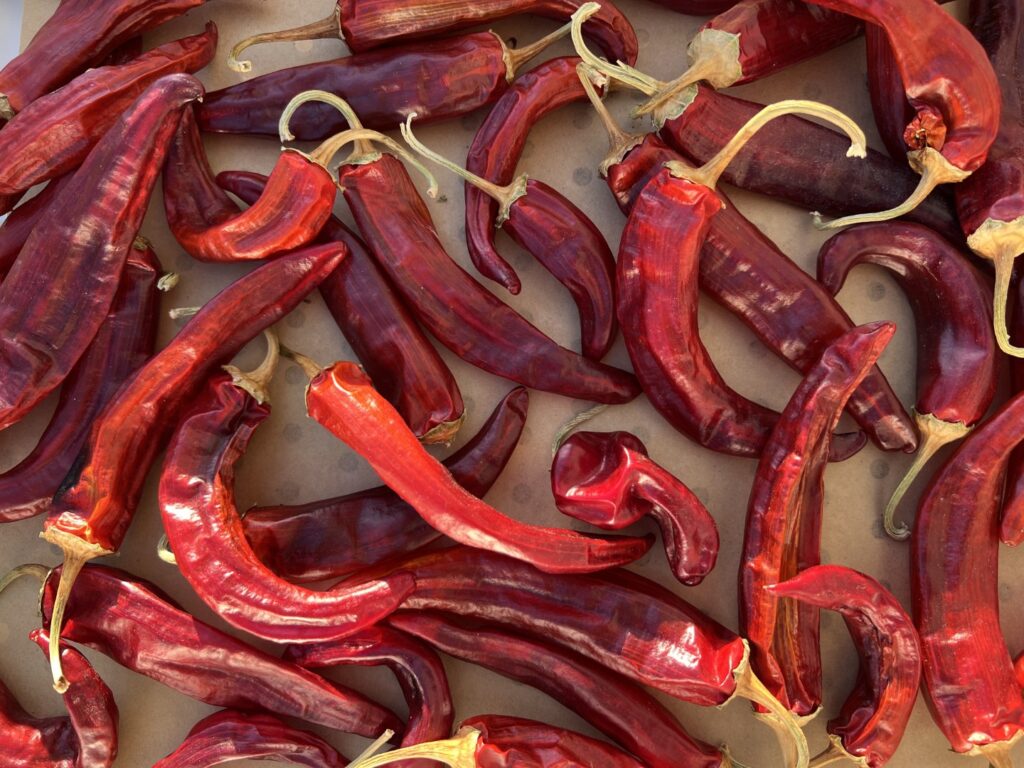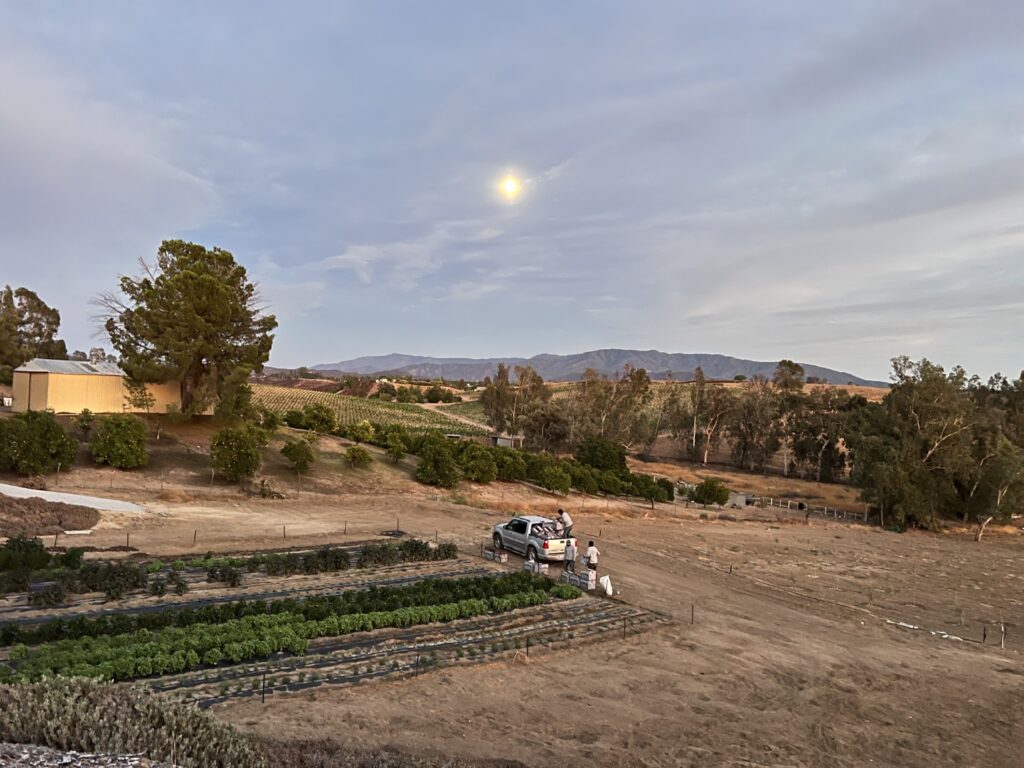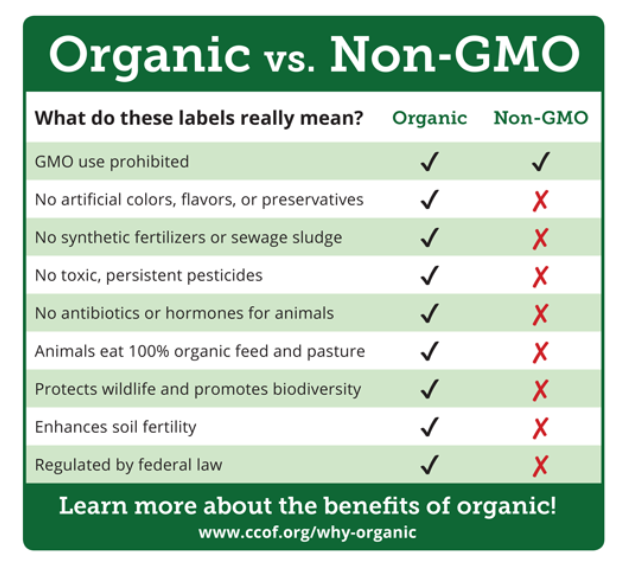
Organic is non-GMO because the use of GMOs is prohibited in organic production. For example, organic farmers cannot plant GMO seeds, organic livestock cannot eat GMO feed, and organic food manufacturers cannot use GMO ingredients.
Organic producers are also required by law to protect their crops and products from unintentional contact with GMOs. For example, organic farmers may need procedures to prevent GMO drift from adjacent farms. Processors must separate organic ingredients from non-organic ingredients during receiving, processing, storage, and shipping. USDA-accredited certifying agents such as CCOF verify that certified organic producers do not use GMOs and have effective prevention strategies. CCOF annually inspects every operation to verify that the certified operator is adequately preventing contact with GMOs. CCOF also periodically tests for GMOs, which helps verify that each level of the supply chain has adequate prevention strategies in place. If GMOs are suspected or detected, CCOF is required by law to conduct an investigation to determine if a violation of organic farming or processing standards occurred.
Non-GMO does not mean GMO-free because organic producers continue to be at risk from inadvertent contamination as non-organic food systems increase their use of GMOs. Buying organic helps stop the spread of GMOs because it supports the farmers and companies that not only do not use GMOs, but who also proactively protect their certified products.
